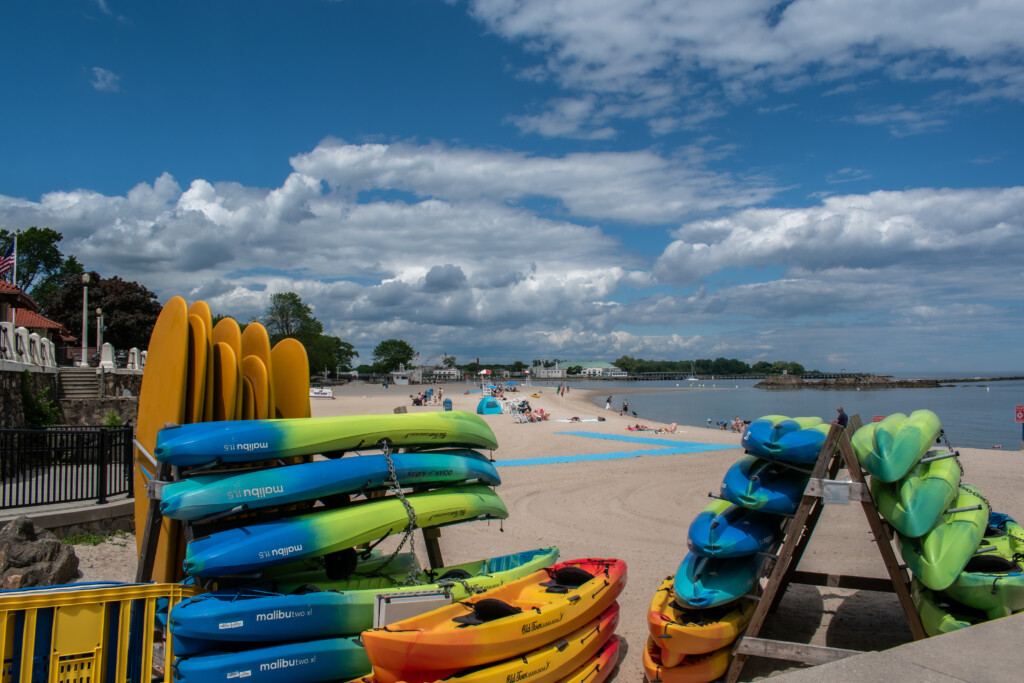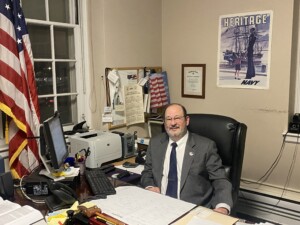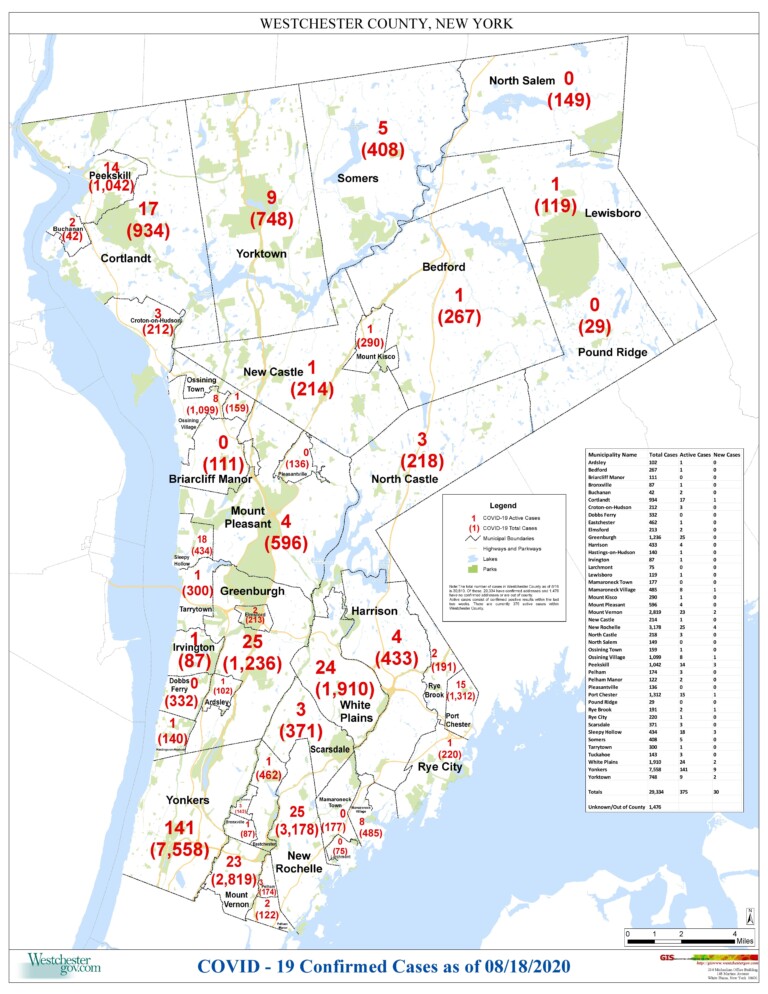Holding Court: Come Hell or Mean High Water Mark

Holding Court is a series by retired Rye City Court Judge Joe Latwin. Latwin retired from the court in December 2022 after thirteen years of service to the City.
What topics do you want addressed by Judge Latwin? Tell us.
By Joe Latwin

There is a beach behind the Ice Casino at Playland that is rocky and gated off. I have seen Westchester County Police chase kayakers who have landed from Long Island Sound off that beach. They are misinformed. The kayakers have a right to land on that beach.
I had a similar issue several years ago. The defendant climbed a fence on the pier at Playland Park and, in response to a dare, jumped into Long Island Sound. (No, the defense of stupid was not invoked! Stupidity itself is not a crime.) The defendant was arrested and charged with trespass in the third degree and disorderly conduct claiming the defendant entered the waters of Long Island Sound belonging to the County. Does the County own Long Island Sound such that it can exclude the public if it wanted?
New York’s Navigation Law § 2(4) says “Navigable waters of the state” shall mean all lakes, rivers, streams and waters within the boundaries of the state and not privately owned, which are navigable in fact or upon which vessels are operated, except all tidewaters bordering on and lying within the boundaries of Nassau and Suffolk counties.” Tidal salt waters are deemed navigable as a matter of law. The waters off the pier at Playland are salt waters within the State of New York. They are navigable in fact and by usage.
Before July 4, 1776, title to all lands under tidal and navigable waters not duly granted, belonged to the King of England. Title could only be divested by royal grant or charter directly by the King, by special act or charter from the royal governor or by prescription. On March 24, 1664, King Charles II granted to the Duke of York (hence “New York”), all of recently acquired from the Dutch New Netherlands including Long Island from the Delaware River to Cape Cod. After July 4, 1776, the State of New York succeeded to the title of the King. Thus, land outshore of the high-water mark vested in the State. The title held in the King’s individual capacity were capable of private ownership, but title held by the King for his subjects — jus publicum — was transferred to the State and surrendered to the United States upon adoption of the Constitution. The owner of the adjacent upland owns only to the mean high-water mark.
The foreshore of navigable waters is the “land under the waters of the sea and its arms, between high and low water mark”. The foreshore is subject to the right of the public (‘jus publicum‘), of which defendant was a member, to use it for fishing, bathing, boating and other lawful purposes and, when the tide is out, the right of the public of access to the water for fishing, bathing, boating and other lawful purposes, to which the right of access over the beach may be a necessary incident.
Thus, defendant as a member of the public, had a right to enter Long Island Sound and traverse the adjoining shoreline up to the mean high-water mark without committing a trespass.
Similarly, the kayakers who land from the Sound onto that back beach at Playland have the right not only to land there, but to go on the beach up to the mean high-water mark.






